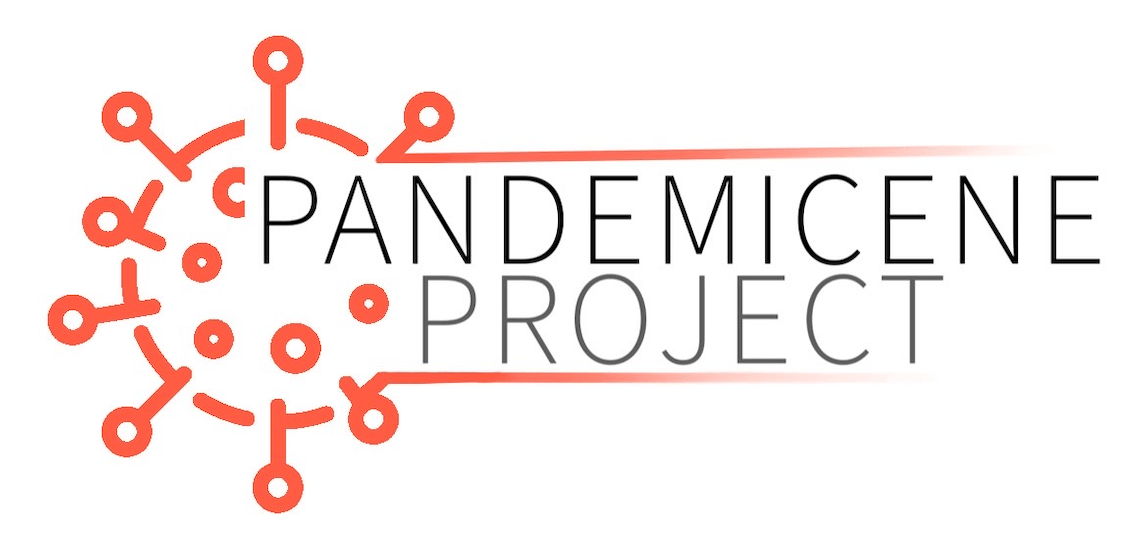by Tee Wicks
The coronavirus has challenged the immunity of millions worldwide, and the global medical supply chain is certainly not immune to the toll of COVID-19. In practice, the global supply chain is a worldwide network of companies that distribute, trade, and purchase goods and services transnationally in order to maximize profits and meet global demand. Universally, countries across the map are heavily dependent on the global medical supply chain for preventive supplies and affordable pharmaceutical drugs. China ultimately dominates the entire global medical supply chain with a firm grip on the world’s production and administration of raw materials, such as active pharmaceutical ingredients (API), for drug manufacturing. If this wasn’t enough cause for concern, China is also responsible for the majority of the world’s international trade of personal protective equipment (PPE), such as face masks and other hospital gear. India is, similarly, a leading force in the world of medicine and the global medical supply chain. At the head of the generic drug market, India is the world’s largest provider of affordable, effective, and unpatented pharmaceuticals. Both developed and developing countries are contingent on India’s relatively cheap exports, however, India is likewise reliant upon China’s shipments of APIs and raw materials in order to manufacture these highly-demanded generic drugs. The world depends on these cost-effective exports of drugs to combat COVID-19. The global medical supply chain has been relatively successful, however, COVID-19 proved that the dependency on a single country for medicine and supplies can result in cataclysmic events that threaten both the health and economy of every nation across the globe.
A global pandemic hand-in-hand with a faulty supply chain is a recipe for disaster, posing the risk of material shortages and limitations on the capacity to produce and distribute worldwide. On the eve of 2020, the deadly coronavirus was initially reported to have emerged from the province of Wuhan, China. In order to manage the outbreak, China prompted strict quarantine restrictions and the closure of dozens of chemical plants and factories across the country. Not only did China’s lockdown halt work for millions, but the abrupt closure of these manufacturing facilities impeded the production of APIs. Amplifying this horror, international travel bans and China’s prohibition of COVID-19 PPE exports hindered the shipment of supplies overseas. Without their safety net, India was subsequently left to scramble for other sources and traders. In preparation for potential drug shortages and preservation of domestic supply, India’s Ministry of Commerce and Industry banned the export of masks, sanitizers, and 26 pharmaceutical products. Since then, China’s manufacturing chains have returned to usual operations and India sequentially lifted their bans on overseas shipments. Despite the return to original procedures, however, moral panic due to COVID-19 has raised concern over the underlying insecurities behind our global supply chains and the driving socio-political ideologies that support them.
Neoliberalism, the leading force behind the world’s social and economic ideologies, favors free market capitalism, market deregulation, lower trade barriers, and the limitation of state power. Neoliberal ideologies that support the global medical supply chain serve with the intent to increase market sales and maximize overall profit revenue. Ironically, neoliberal approaches to commodify health and healthcare systems inevitably give rise to defective institutions and weakened global health at a substantial cost. Dr. Owain Williams, an expert on the political economy of health policy and access to medicines, elaborated in my recent interview with him that COVID-19 has exposed both neoliberalism and it’s interaction with the pandemic as well as aggressively exposing fragility in collective faith in the market as a means of distributing and allocating resources. The global supply chain is just one example of these faulty cracks of free market neoliberalism. During a pandemic, global medical market failure is imminent as high demands couple with limited supplies and stock shortages.
Dr. Williams stated that, “the neoliberal heartlands are where governments have failed the most spectacularly”, such as in Brazil, the United Kingdom, and the United States. State sovereignty is crucial for economic stabilization, however, “all of these countries have unravelled, because the role of the state has eroded . . .and our redistribution mechanisms are completely broken”, Williams disclosed. Dr. Williams’s hope for the future is that “we as people, not the government, will use power to negotiate a new settlement” for the economy, for the climate, the people, and so on. The return of a well-resourced state, reallocation of taxes, and administration of new social welfare programs are imperative. COVID-19 has shown that the global supply chain is a ticking time bomb. The only way to put out the fuse is to reexamine the systems in place and arrange a settlement that prevents PPE rationing, avoids drug shortages and eliminates transnational vulnerability. Instead of pinching pennies, figureheads and policy makers should invest patience and money toward domestic drug manufacturing and the federal office for global pandemic preparedness. The world was unprepared to deal with the novel coronavirus but, with clear evidence of preventable market failure, there is no excuse to not begin preparing for the next pandemic.
